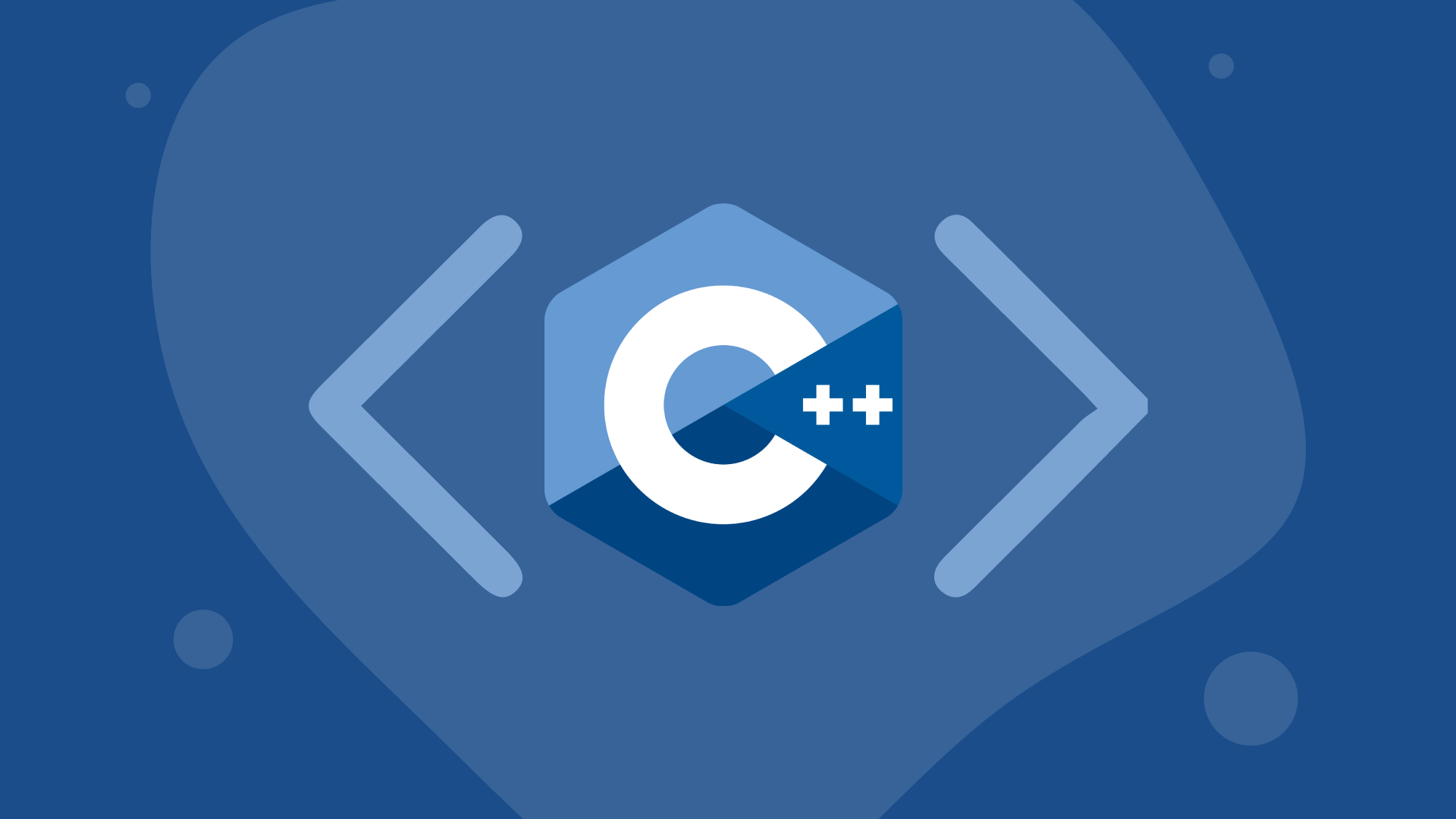
promise
새로운 thread의 결과를 쉽게 공유하는 방법
주의할 점은 promise 객체를 참조(&, &&)로 전달해야한다.
#include <iostream>
#include <thread>
#include <future>
#include <chrono>
using namespace std::literals;
//void add(std::promise<int>&& p, int a, int b)
void add(std::promise<int>& p, int a, int b)
{
int s = a + b;
std::this_thread::sleep_for(1s);
p.set_value(s); // 지금 바로 값을 넣어주세요
// p.set_value_at_thread_exit(s); // 스레드가 끝날때 값을 넣어주세요
}
int main()
{
std::promise<int> pm;
std::future<int> ft = pm.get_future();
//std::thread t(add, std::move(pm), 10, 20);
std::thread t(add, std::ref(pm), 10, 20);
// ...
int ret = ft.get();
std::cout << ret << std::endl;
t.join();
}
- promise에 값을 set
- future에서 get
exception이 발생한다면?
#include <iostream>
#include <thread>
#include <future>
#include <chrono>
using namespace std::literals;
void divide(std::promise<int>&& p, int a, int b)
{
try
{
if(b == 0) throw std::runtime_error("divide by zero");
p.set_value(a/b);
}
catch(...)
{
p.set_exception(std::current_exception()); // 주 thread로 exception을 보낸다
}
}
int main()
{
std::promise<int> pm;
std::future<int> ft = pm.get_future();
std::thread t(divide, std::move(pm), 10, 0);
try
{
int ret = ft.get();
}
catch(std::exception& e)
{
std::cout << e.what() << std::endl;
}
t.join();
}
#include <iostream>
#include <thread>
#include <future>
#include <vector>
#include <numeric>
int main()
{
std::vector<int> v1 = {1,2,3,4,5,6,7,8,9,10};
std::vector<int> v2(10);
std::partial_sum(v1.begin(), v1.end(), v2.begin());
// v1의 부분합을 구해서 v2에 넣어라
int s = std::accumulate(v2.begin(), v2.end(), 0);
// v2를 모두 더해라
// 위 두 작업이 시간이 많이 걸린다면?
// thread로 따로 빼서 작업하는게 효율적일 것이다.
for(auto n : v2)
std::cout << n << ", ";
std::cout << "\n" << s << std::endl;
}
int main()
{
std::vector<int> v1 = {1,2,3,4,5,6,7,8,9,10};
std::vector<int> v2(10);
// 이렇게 하면될까?
std::thread t([&]{
std::partial_sum(v1.begin(), v1.end(), v2.begin());
int s = std::accumulate(v2.begin(), v2.end(), 0);
});
// Nope! : t의 연산이 끝나기전 for문을 돌게된다
for(auto n : v2)
std::cout << n << ", ";
std::cout << "\n" << s << std::endl;
t.join();
}
Example
int main()
{
std::vector<int> v1 = {1,2,3,4,5,6,7,8,9,10};
std::vector<int> v2(10);
std::promise<void> pm1;
std::future<void> ft1 = pm1.get_future();
std::promise<int> pm2;
std::future<int> ft2 = pm2.get_future();
std::thread t([&]{
std::partial_sum(v1.begin(), v1.end(), v2.begin());
pm1.set_value(); // 첫 번째 연산이 끝남을 알린다.
int s = std::accumulate(v2.begin(), v2.end(), 0);
pm2.set_value(s);
});
ft1.get(); // 첫 번째 연산대기
for(auto n : v2)
std::cout << n << ", ";
int ret = ft2.get();
std::cout << "\n" << s << std::endl;
t.join();
}
future time-out
#include <iostream>
#include <thread>
#include <future>
#include <chrono>
using namespace std::literals;
void add(std::promise<int>&& p, int a, int b)
{
std::this_thread::sleep_for(3s);
p.set_value(a+b);
}
int main()
{
std::promise<int> pm;
std::future<int> ft = pm.get_future();
std::thread t(add, std::move(pm), 10, 20);
//int n1 = ft.get(); // get은 무한정 대기 -> 특정시간만 대기하고 싶다면?
std::future_status ret = ft.wait_for(2s);
if(ret == std::future_status::ready)
std::cout << "ready!" << std::endl;
else if(ret == std::future_status::timeout)
std::cout << "timeout!" << std::endl;
else
std::cout << "deferred!" << std::endl;
t.join();
}
shared future
set_value를 한 값을 여러 thread에서 get하고 싶다
#include <iostream>
#include <thread>
#include <future>
#include <chrono>
using namespace std::literals;
void add(std::promise<int>&& p, int a, int b)
{
std::this_thread::sleep_for(3s);
p.set_value(a+b);
}
void consume(std::shared_future<int> sf)
{
sf.get();
std::cout << "finish foo" << std::endl;
}
int main()
{
std::promise<int> pm;
std::future<int> ft = pm.get_future();
//std::future<int> ft2 = ft; // Error future는 복사가 안된다.
std::shared_future<int> ft2 = ft.share();
std::thread t(add, std::move(pm), 10, 20);
std::thread t1(consume, ft2);
std::thread t2(consume, ft2);
t.join();
t1.join();
t2.join();
}
주의사항
#include <iostream>
#include <thread>
#include <future>
#include <chrono>
using namespace std::literals;
void add(std::promise<int>&& p, int a, int b)
{
std::this_thread::sleep_for(3s);
p.set_value(a+b); // 1. set_value는 한 번만 할 수 있다.
}
int main()
{
std::promise<int> pm;
std::future<int> ft = pm.get_future(); // 2. future는 한 번만 할 수 있다(여러개 꺼내고 싶다면 shared_future)
std::thread t(add, std::move(pm), 10, 20);
ft.get(); // 3. get도 한 번만 할 수 있다(get을 했는지 여부는 valid()로 확인)
t.join();
}
std::packaged_task
#include <iostream>
#include <thread>
#include <future>
// promise를 썼다는게 이미 멀티 스레드를 염두에 둔 함수이다.
void add(std::promise<int>&& p, int a, int b)
{
p.set_value(a+b);
}
// 만약 기존함수를 쓰고싶다면? -> packaged_task
int add(int a, int b)
{
return a+b;
}
int main()
{
std::promise<int> pm;
std::future<int> ft = pm.get_future();
std::thread t(add, std::move(pm), 10, 20);
ft.get();
t.join();
// ----------------
// packaged_task
std::packaged_task<int(int, int)> task(add);
std::future<int> ft = task.get_future();
task(10, 20); // 함수가 호출된다.
std::thread t(std::move(task), 10, 20); // 멀티쓰레드를 쓰겠다면
int ret = ft.get();
t.join();
}